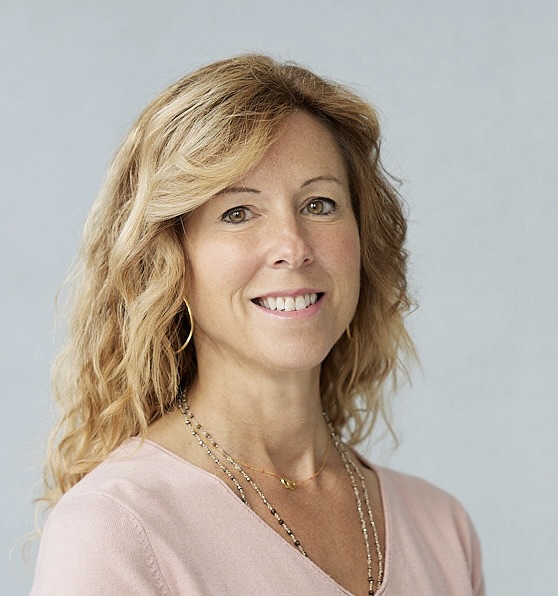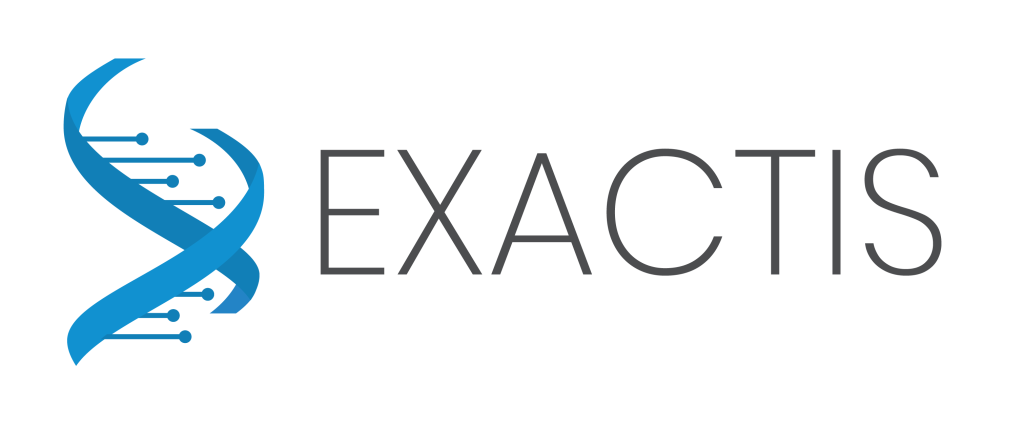NOUVELLES > Refusant de prendre non pour une réponse : comment la COO d’Exactis a utilisé sa propre bataille contre le cancer pour lutter pour tous les patients atteints de cancer
29 March 2023
Refusing to take no for an answer
 HOW EXACTIS’ COO USED HER OWN BATTLE WITH CANCER TO FIGHT FOR ALL CANCER PATIENTS
HOW EXACTIS’ COO USED HER OWN BATTLE WITH CANCER TO FIGHT FOR ALL CANCER PATIENTS
Dr. Suzan McNamara knew she was too young to die. At 31, she was diagnosed with a rare disease called Chronic Myeloid Leukemia (CML), and was given only three to five years to live. Her disease was already advanced and she had to stop working. It was 1998 and targeted treatments did not exist yet. With no drugs available, she was put on chemotherapy and high doses of interferon, a natural substance that helps the body’s immune system fight infection, but it made her incredibly sick and wasn’t controlling her disease. She was given no hope.
She started doing her own research and began searching for CML support groups. She came across a chat session where one of the members mentioned that she was part of a Phase 1 trial based out of Portland, Oregon. The drugs she was on made her feel good and they seemed to be working. Suzan wanted to learn more. She emailed Dr. Brian J. Druker, an oncologist from the Oregon Health Sciences University who was leading the trial.
“He told me that Novartis may shut down the trial, because there weren’t enough patients,” she recalls.
She refused to walk away. The trial seemed to be working and she needed to convince Novartis to continue funding it. With the help of a friend, she started an online petition. She was hoping to gather 200 names, and in no time it grew to 2,000 signatures, and then skyrocketed to 5,000. She then attached the petition to a letter and sent it off to Dr. Daniel Varsella, Novartis’ chief executive. “Three weeks later I got a call from Dr. Druker, on my birthday. He said Novartis decided to extend the trial and that my petition had done a lot of good,” says Dr. McNamara. On January 1, 2000, she started the trial and two years later, she was in complete remission.
With this second chance in life, she decided to go back to school in Molecular Biology and then followed her new degree with a PhD in Experimental Medicine with a focus on resistance in Leukemia. She wanted to find a way to push cancer research forward. “I wanted to give back and find a way to push more targeted drugs towards Canada and increase the number of clinical trials so patients would have the same opportunity I had.”
